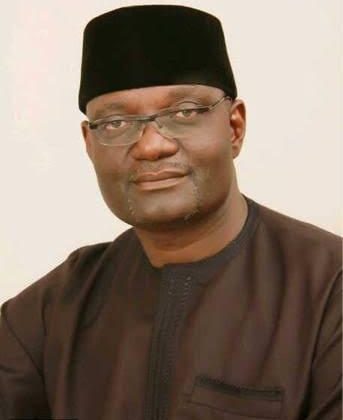The Executive Secretary/CEO of Nigerian Shippers’ Council (NSC), Hon. Emmanuel Jime on Friday reiterated his commitment to making the council the “best maritime regulatory agency in the next three years”.
Recall that in December 2021, Jime unveiled his agenda for the Council for the next four years. The agenda includes details of how the regulatory agency would perform its duties under his watch.
Speaking when he received executive members of the Ship Owners Association of Nigeria (SOAN) in his office on Friday, Jime said the NSC would work with relevant stakeholders and government agencies to protect the interest of indigenous ship owners.
He said in his capacity as the Chairman of the Nigerian Fleet Implementation Committee (NFIC), his doors remain open to all ideas that will enable Nigeria take its rightful place as a maritime nation.
“The ultimate priority of the council now is to become the best maritime regulatory agency in the next three years. The council is committed to protecting the interest of ship owners. The support of the Shippers’ Council is not something to be requested, it is something that has to be done because it is mandatory. As long as I am here, anytime you wish to engage us, we will rise to the occasion,” Jime told the visiting SOAN executives.
Speaking earlier, SOAN President, Mkgeorge Onyung encouraged the Nigerian Fleet Implementation Committee headed by Jime to collaborate with the Nigerian Content Development and Monitoring Board (NCDMB) to get the best deal for indigenous ship owners.
“My observation is this: Nigerian Content Development and Monitoring Board (NCDMB) in their wisdom has listed out the content of every contract of every operation that Nigerians must get involved in. And I want to point out that the NCDMB stipulates that in the movement and transportation of crude oil and other products, the Nigerian content requirement is 90%.
“What I mean is that we have a law that is subsisting in Nigeria that Nigerians must aspire to be able to transport crude oil and Nigerian petroleum products up to 90%. Now, any policy that tries to use a trade policy that is against the law will have to adjust itself. So, let us collaborate with this board and other agencies concerned to see how we can work together,” Onyung said.
Related Posts:
Copyright Ships & Ports Ltd. Permission to use quotations from this article is granted subject to appropriate credit given to www.shipsandports.com.ng as the source.

